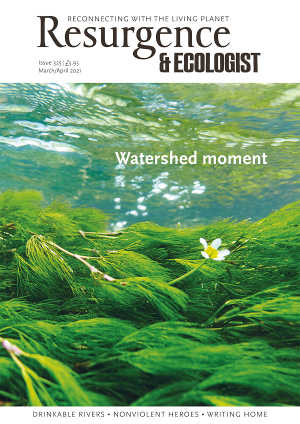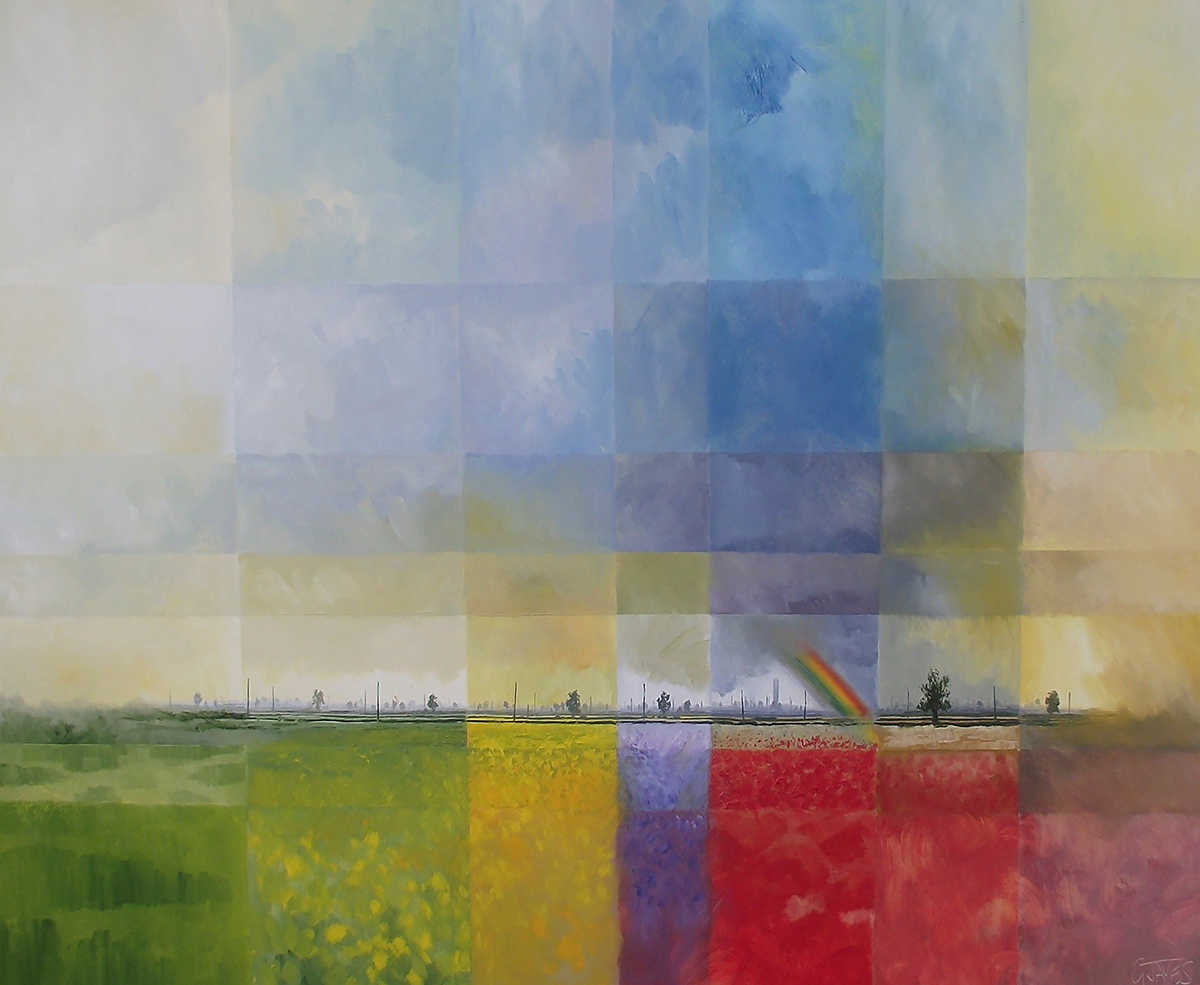Love is the suspension of doubt.
To love, I need to believe in myself and believe wholeheartedly in the person I love.
To love means to cancel our habits of criticising, complaining, controlling and comparing the people we love. These are the four lethal and anti-love Cs.
The C of criticism
When we criticise the beloved, we are sitting in judgement. We are effectively saying, “I am right and you are wrong.” We are saying, “There is only one right way and that is my way. I want you to do things my way.” This is arrogance. Love and arrogance are like chalk and cheese. They don’t go together. Love is the fruit of humility.
Love is not bondage. Love is bonding and belonging. Love is not a merger of two souls. When in love, 1+1=11, not 1+1=2.
Love is a promise of companionship in the arduous, unpredictable and marvellous journey of life.
We have been educated to cultivate a critical mind in all circumstances. We have been conditioned to think that doubt is always a good thing. The methodology of Cartesian doubt has been put on a high pedestal and used as the basis of most educational systems.
Critical thinking and the methodology of doubt are useful in the field of philosophy and in other intellectual pursuits. Criticising and doubting is a mental activity suitable for brainwork. But when it comes to love, friendship and relationships, criticism needs to be replaced with appreciation. Trust needs to be enshrined in our hearts in place of doubt. Relationships and love grow in the ground of the heart, and the heart is nourished by the nectar of trust.
The C of complaining
When we complain, we are also sitting in judgement. We are saying to the beloved that they acted carelessly; that there is a particular standard of behaviour, and their actions fall below that standard; that their conduct is either irresponsible or objectionable. Complaining is aggressive. Being aggressive is like being a pair of scissors: it cuts our hearts to pieces. Love and aggression don’t sit well together.
Love is not about expectations. Love is about unconditional acceptance of the other as the other is. We are all different and diverse. That is so beautiful. The sun of love rises in the dawn of diversity and makes a thousand flowers bloom. Love proclaims, “Vive la différence!”
Complaining comes from absence of acceptance and lack of trust. Complaining and doubting are bedfellows.
My proposition is not absolute. There is room for complaining against social injustice, environmental degradation, racial discrimination, the arms race and other similar systems of waste, pollution and violence. In these situations, we are entitled to complain, oppose and protest, but without hatred and without abusing the upholders of the unjust order. We can and we must stand up for truth, integrity and beauty. But we must do so with love and compassion in our hearts for those who, in their ignorance, are perpetuating unjust social systems.
We all make mistakes. We just make different kinds of mistake. Making mistakes is completely normal and natural. The only way to grow is to learn from our mistakes. Learning never stops.
The C of controlling
The wish to control others is contrary to love. By wishing to control others, I am putting myself in a superior position, in the position of ego. Ego is the enemy of love.
In a loving home there is true mutuality and reciprocity. No one is inferior or superior. Everyone takes care of each other. In a loving home we experience motherly love, fatherly love, brotherly love, sisterly love, romantic love, erotic love, love of food, love of cooking and cleaning, love of baking and making, love of caring and sharing. My ideal home is a control-free zone!
Love is not possessive. Love is liberating.
When in love, we participate in the process of living, rather than wishing to be in charge of other people’s lives.
Desiring to control others is to doubt in the ability of others to self-manage and self-organise. Feeling the urge to control others is to doubt the truth that everyone is gifted with their own integrity and imagination.
But you may ask, “Is there a constructive way to use the desire to control?”
The answer is: yes, there is. We can control our anger, our greed and our ego. Such self-control can free us from conflicts, confrontations and wars. If we make a shift from control to conciliation, we can live among others with a sense of community. We can grow in the garden of generosity. We can experience a profound sense of gratitude and grace. We can swim in the sea of love.
The C of comparing
When we compare one person with another, we are in the den of dualism. We are caught in the concept of good and bad, or right and wrong. The Sufi poet Rumi wrote, “Out beyond ideas of wrongdoing and rightdoing, there is a field. I will meet you there.” That is the field of friendship and unconditional love, where we transcend the tyranny of comparison and fly on the wings of wisdom. Everything has a place and everything is good in its place. In Nature snakes and swans, roses and thorns happily exist together.
Only with unconditional love are we able to heal the wounds of anger, fear and despair.
A tree does not discriminate between a saint and a sinner. It offers its cool shade and fragrant fruit to all and everyone, whoever they are – poor or rich, wise or fool, human or animal, bird or wasp. A tree loves them all. Let us learn how to love from a tree.
There is no good and no bad. Things are just as they are; or, if there is good and bad, good and bad go through every human heart.
Each and every person is unique, a special gift from the universe. When we are in love, we value and celebrate the intrinsic dignity of our beloved without comparing them with anyone else. There is no comparison between a rose and a rhododendron, or between mangoes and melons, or between Asians and Africans, or between a Tagore and a Tolstoy. Each and every living being deserves to be appreciated and cherished on their own terms.
When we wish to have a lover, we are likely to compare one person with another. But when we wish to be a lover, we are more likely to rise above comparisons.
Every kiss is uniquely ecstatic in itself. No two kisses can be compared!
Pragmatists compare and contrast. Lovers accept and rejoice.
So here is a simple meditation for every morning: may I avoid criticising, contradicting, complaining, controlling and comparing. Instead, may I practise compassion, consolation, conciliation and communication. Furthermore, may I cultivate courtesy and caring. May I learn to appreciate and praise others and give thanks for all the gifts of life I receive every day!








